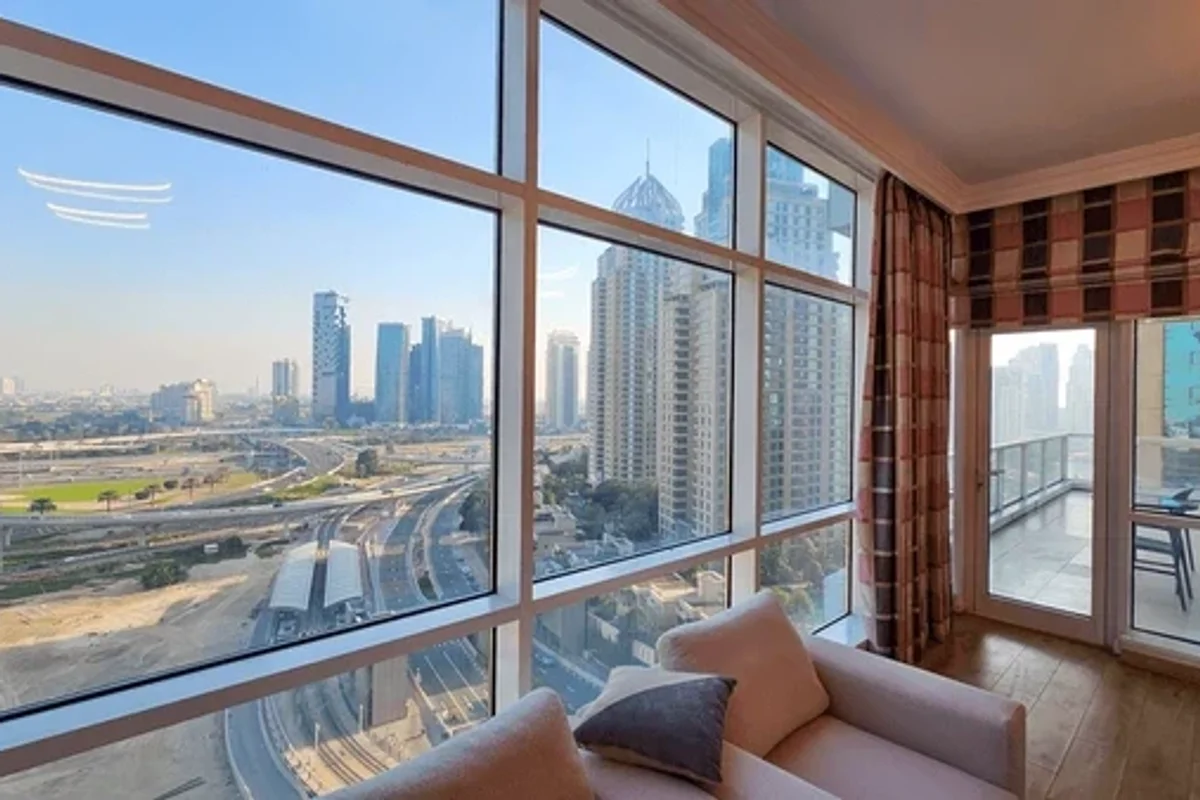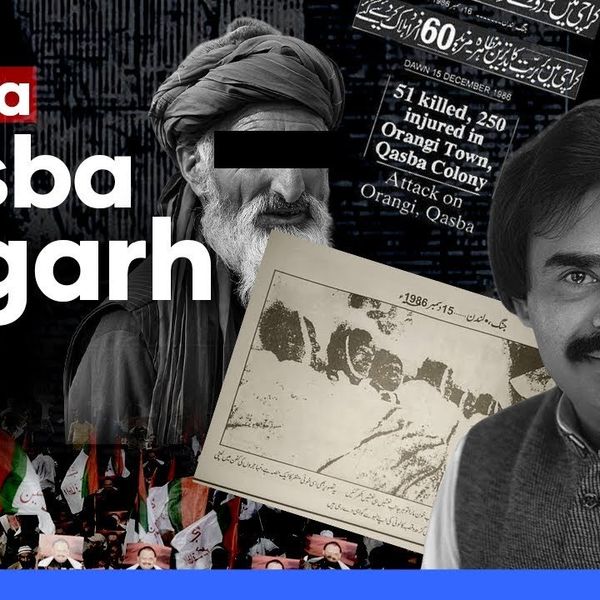The secret costs of renting in Dubai that expats can't ignore
With agency fees, utility deposits, district cooling charges, and various other costs, it’s easy for your dream apartment to come with a surprise price tag.
Dubai Desk
The Dubai Desk reports on major developments across the UAE, covering news, culture, business, and social trends shaping the region.

Whether you're new to Dubai or a seasoned expat, be sure to factor these additional expenses into your rental budget.
Shutterstock
When you’re planning your finances as an expat in Dubai, it’s essential to factor in these hidden costs. The allure of a modern apartment in a prestigious area may blind you to the fact that there’s more to the rental process than meets the eye. With agency fees, utility deposits, district cooling charges, and various other costs, it’s easy for your dream apartment to come with a surprise price tag.
Before you sign that lease, make sure you’ve got all the hidden costs laid out in front of you, and prepare for the unexpected. After all, Dubai might be a city that shines bright, but it's also a city where careful planning can save you from financial shock. So, whether you're new to Dubai or a seasoned expat, be sure to factor these additional expenses into your rental budget. Your wallet will thank you later.
Agency fees
You’ve found the perfect apartment, but there’s a catch: you’re probably going to pay an agent. If you choose to use a real estate agent (and let’s face it, most of us do), you’ll be looking at a fee of 2-5% of the apartment’s annual rent. That could easily add a few thousand dirhams to your initial budget.
Now, you could bypass the agent and rent directly from the landlord, but good luck finding one that doesn't work with an agency. It's a rare breed. So, unless you're willing to wade through the endless listings and have a direct line to a landlord who doesn't need an intermediary, an agency fee is pretty much a given.
Pro tip: Always clarify the agency fee upfront, and ask friends or colleagues for agent recommendations. Not all agents are created equal, while some might earn their reputation for a reason, others can truly save you time and money.
Chiller fees
A/C is non-negotiable in the scorching heat of Dubai, and unless you're lucky enough to find a ‘chiller-free’ building, you’ll be paying for the privilege of cool air. A "chiller" is the system that powers your A/C, and whether you're charged monthly for it, or it’s included in the rent, can vary depending on where you’re living.
A bonus tip? Use the keyword ‘chiller-free’ when browsing listings online. This means the building has no central chiller system, and you’ll be saving yourself the cost of cooling.
District cooling fees
In some parts of Dubai, the district cooling system reigns supreme. Sounds like a smart solution, right? It’s essentially a city-wide A/C service, cooling entire neighborhoods with centralized units. The downside? It tends to be a bit pricier than the traditional chiller system, and there are additional costs to factor in.
Here’s how it works: You’ll pay an annual fee of Dhs750 per refrigeration tonne (RT), and a monthly fee of Dhs0.568 fils per RT per hour. While these fees can vary based on the size of your property, they are generally higher than the traditional chiller costs, meaning your utility bill will likely be a lot cooler in terms of its size.
Security deposits
Ready to sign the lease? You’ll need a security deposit, and it’s not a small amount. For unfurnished apartments, the deposit is typically 5% of your annual rent. But for furnished apartments, that amount can jump to 10%.
For example, if your rent is Dhs40,000 a year, your deposit could be anywhere between Dhs2,000 (for unfurnished) and Dhs4,000 (for furnished). While the deposit is refundable at the end of your lease (as long as you’ve left the place in good condition), it’s a hefty upfront cost you’ll need to budget for.
DEWA
DEWA (Dubai Electricity and Water Authority) is the city's lifeblood when it comes to utility services. But before you can start enjoying the benefits of a hot shower or a cool evening indoors, you'll need to pay an activation fee.
For apartments, this is typically around Dhs2,000. Larger properties, such as villas, can set you back Dhs4,000, plus a Dhs110 connection fee. While the deposit is fully refundable (provided you don't leave any unpaid bills), it’s still another financial hurdle you'll need to clear before moving in.
Ejari
When you move into a rental property in Dubai, you’ll need to get your tenancy contract registered with Ejari, the government-mandated system that officially documents your rental agreement. It’s a required step, and while the cost is relatively minor (about Dhs220), it’s an essential part of the rental process.
This ensures that both you and the landlord are protected by law, and it’s something that must be done before you can officially call the place your home.
Housing fees: Dubai’s mandatory Municipal contribution
Dubai Municipality's housing fee is a 5% charge of your annual rent, divided into monthly installments, and it goes toward maintaining services like cleaning, waste management, and food safety (just to name a few).
While this might seem like just another tax, it’s technically part of your overall rent, so it’s not an unexpected additional burden — but it is a regular fee that adds up month after month.
Maintenance costs
Let’s face it — apartments, no matter how new, can develop issues. Whether it’s a leaky faucet, an electrical problem, or even a backyard that needs some landscaping, maintenance costs are something you’ll have to contend with.
Some landlords take care of basic maintenance, but others will charge you for repairs, especially if you’re renting a place that needs a bit of TLC. Make sure to check with your landlord about the extent of their responsibilities, as maintenance fees can vary depending on the issue.










Comments
See what people are discussing